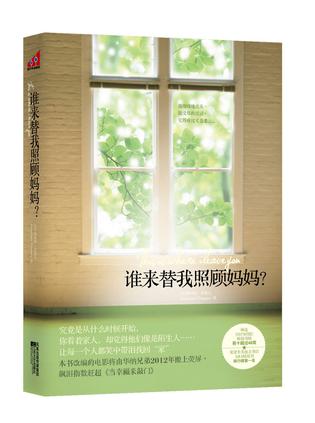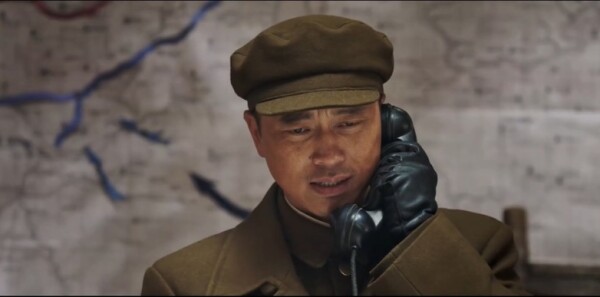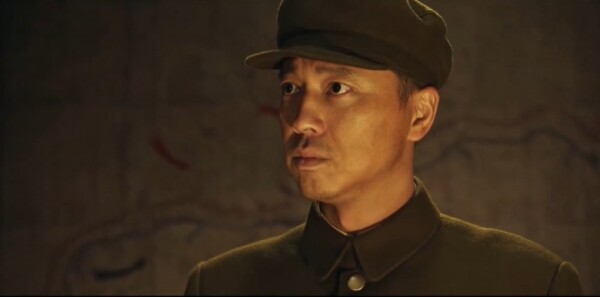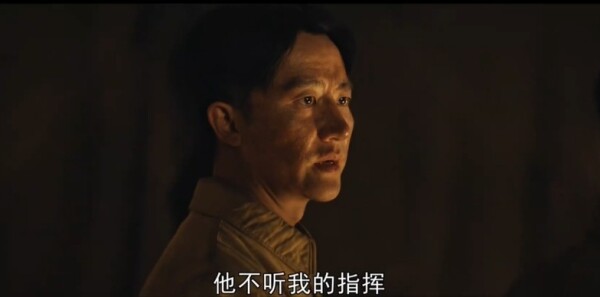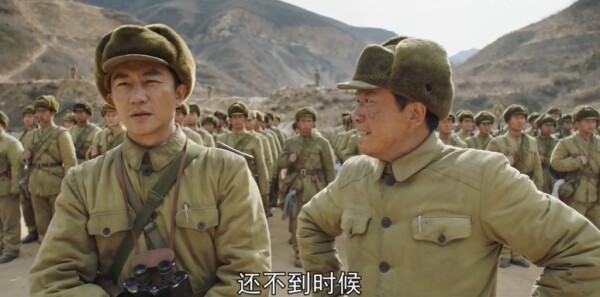《烈火战车》&《终极胜利》双语影评:奔跑的苏格兰人
- 电影评论
- 2024-09-23 23:36:16
- 9
《烈火战车》&《终极胜利》双语影评:奔跑的苏格兰人
The Flying Scotsman—Chariots of Fire & The Last Race
奔跑的苏格兰人--《烈火战车》&《终极胜利》
-Scottish runner Eric Liddelli is a hero in China, where he worked as a missionary and died in a Japanese camp
-苏格兰短跑选手李爱锐在中国是个英雄,他曾在中国做宣教工作,在潍坊的日本集中营里逝世。
The Scottish runner Eric Liddell was immortalised in the classic film Chariots of Fire, and now 36 years after the Oscar-winning movie, an unofficial sequel of sorts is on the starting line. The original film, released in 1981, starred Ian Charleson as Liddell and won four Academy Awards. It was resolutely British in both classification and style.
苏格兰跑步选手李爱锐在经典影片《烈火战车》中已是不朽的角色,36年后的今天,在这部奥斯卡电影之后,有一部该电影的非官方续集也上映了。《烈火战车》上映于1981年,由伊安·查尔斯饰演李爱锐,并且获得了四项奥斯卡奖。该电影在分类和风格上都绝对是英式的。
The Last Race, meanwhile, stars a resolutely British actor – Joseph Fiennes – but is being filmed largely in China by a director from Hong Kong –Stephen Shin, who also wrote the script. The film, which is co-directed by Canadian Michael Parker, depicted Liddell’s work as a missionary in China after his victorious turn at the 1924 Paris Olympics.
《终极胜利》,由英国人约瑟夫•费因斯主演李爱锐,导演和编剧都是香港人冼杞然,影片主要取景于中国大陆。同时,加拿大导演Michael Parker也参与其中,他主要负责编剧李爱锐自1924年巴黎奥运会之后在中国的宣教工作部分。
China only allows 34 foreign films to be shown in cinemas on the mainland each year, meaning that only the biggest blockbusters have any chance of getting an audience.
每年在国内上映的外国影片只有34部,也就是说只有非常有看点的影片才能吸引住观众。
Shin said of Liddell’s time in China: “It is not only the perfect movie theme, but it should also make younger generations more aware of their past. All around the world people gradually forget the importance of staying on alert so that dark parts of human history do not repeat themselves.”
冼杞然提及李爱锐在中国的生活时,说:“这个不仅仅是完美的电影,更要引起年轻人对过去的重视。人们逐渐忘记了保持警醒的重要性,只有保持警醒,那些黑暗的人类历史才不会重复。”
Liddell, nicknamed the Flying Scotsman, was a devout Christian and one of Scotland’s most celebrated athletes. He was born in China in 1902 to Christian missionaries, but was sent to Britain, aged five, to be educated.He excelled in athletics at Edinburgh University and played rugby for Scotland before he competed in the 1924 Paris Olympics. He won gold in the 400m but refused to take part in the 100m because he would not run on the Sabbath.
李爱锐,人称“奔跑的苏格兰人”,是一位虔诚的基督徒,也是苏格兰非常有名的运动员。他的父母是在中国的宣教士,他出生于1902年,在5岁时被送回英国受教育。在参加1924年的巴黎奥运会之前,他在爱丁堡大学是运动员,也为苏格兰打橄榄球。他获得了400米短跑的冠军,但却拒绝参加100米短跑,因为是在礼拜日。
He returned to China to undertake missionary work. He also worked as a teacher in Tianjin, and married Florence Mackenzie, a devout Christian. He continued with his missionary work after Japan invaded China in 1937.
他回到中国参加宣教工作。他在天津是一名老师,并且娶了一位基督徒弗劳伦丝。即使在1937年日本侵略中国后,李爱锐还在做宣教工作。
Liddell helped build the Mingyuan Athletics Stadium in Tianjin, which many believe he modelled on Chelsea’s old Stamford Bridge ground, which was his favourite running venue. In 1943 he was held in an internment camp with about 2,000 other Westerners in Weifang, where he died, aged 43, of a brain tumour. The camp was reconstructed in the Chinese city of Shandong for scenes in The Last Race. Other parts were filmed in Britain, Canada and America.
他帮助建造了天津的民园体育场,很多人认为他是以切尔西的老斯坦福桥场地为蓝本,因为那是他最爱的跑道。1943年,他和其他两千多名西方人被日本人关进潍坊集中营,他在43岁时由于脑瘤在集中营中去世。为拍摄《终极胜利》,在山东又重建了这个集中营。其他场景分别在英国,加拿大和美国。
Liddell is regarded as a hero by many religious and non-religious Chinese, suggesting that the potential audience for Chariots of Fire and The Last Race is large.
很多有信仰和没有信仰的人都认为李爱锐是英雄,也就是说《烈火战车》和《终极胜利》的观众是众人皆宜的。
A memorial stone in Isle of Mull granite stands in his honour near his grave in Weifang and a plaque marks the Tianjin address, 38Chongqing Dao – formerly known as Cambridge Road – where he used to live.
在潍坊的他的坟墓旁边有一块碑石是用他家乡苏格兰马尔岛的花岗石制成的,在天津的重庆路38号,也就是他生活过得地方,也有一块铭牌标记。
He is praised in China for his leadership in the internment camp as much as for his sporting achievements. Liddell is believed to have organised the smuggling of food into the camp. And he refused to leave despite Winston Churchill negotiating a prisoner swap. Instead, he gave up his place so a pregnant prisoner could walk free.
他在中国被大家称颂,不但称赞他在体育方面的贡献,同样对他在集中营里的领导力也是称赞不已。李爱锐策划将食物偷运到集中营里。即使丘吉尔与日本提出了囚徒交换,他也放弃了离开的机会,并将这个机会让给了一个怀孕的人。
Stephen Metcalfe, who was interned with Liddell in China, wrote: “He gave me two things. One was his worn-out running shoes, but the best thing he gave me was his baton of forgiveness.
斯蒂芬·梅特卡夫曾在中国跟着李爱锐实习,他写道:“李爱锐给了我两样东西:一个是他穿破了的跑鞋,而更重要的是他给我的饶恕的指挥棒。”
“He taught me to love my enemies, the Japanese, and to pray for them.”
“他教会我要爱我的敌人,也就是日本人,并且为他们祷告。”
阅读全文
本文由作者笔名:小小评论家 于 2024-09-23 23:36:16发表在本站,文章来源于网络,内容仅供娱乐参考,不能盲信。
本文链接: http://www.w2mh.com/show/140579.html
 小小评论家
小小评论家

